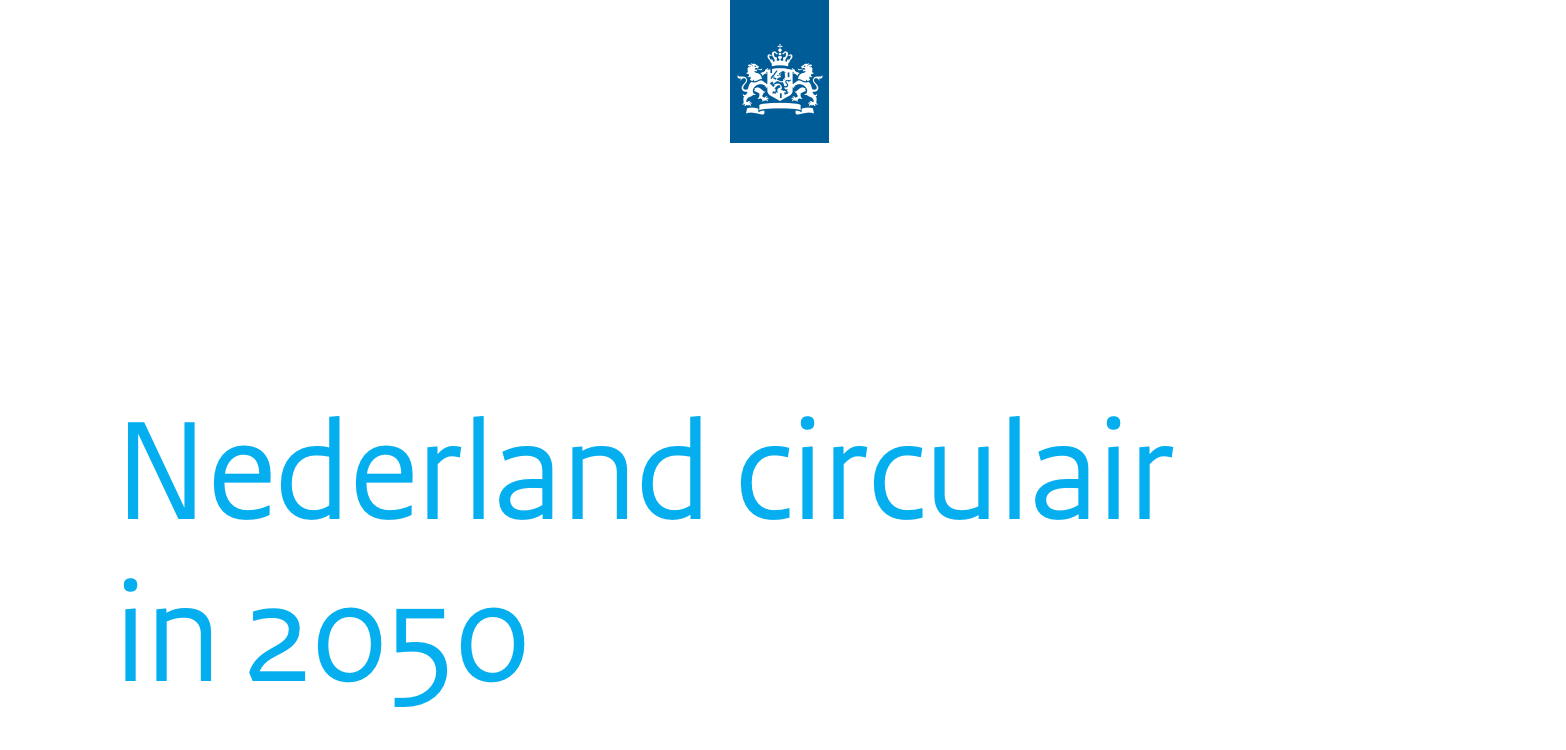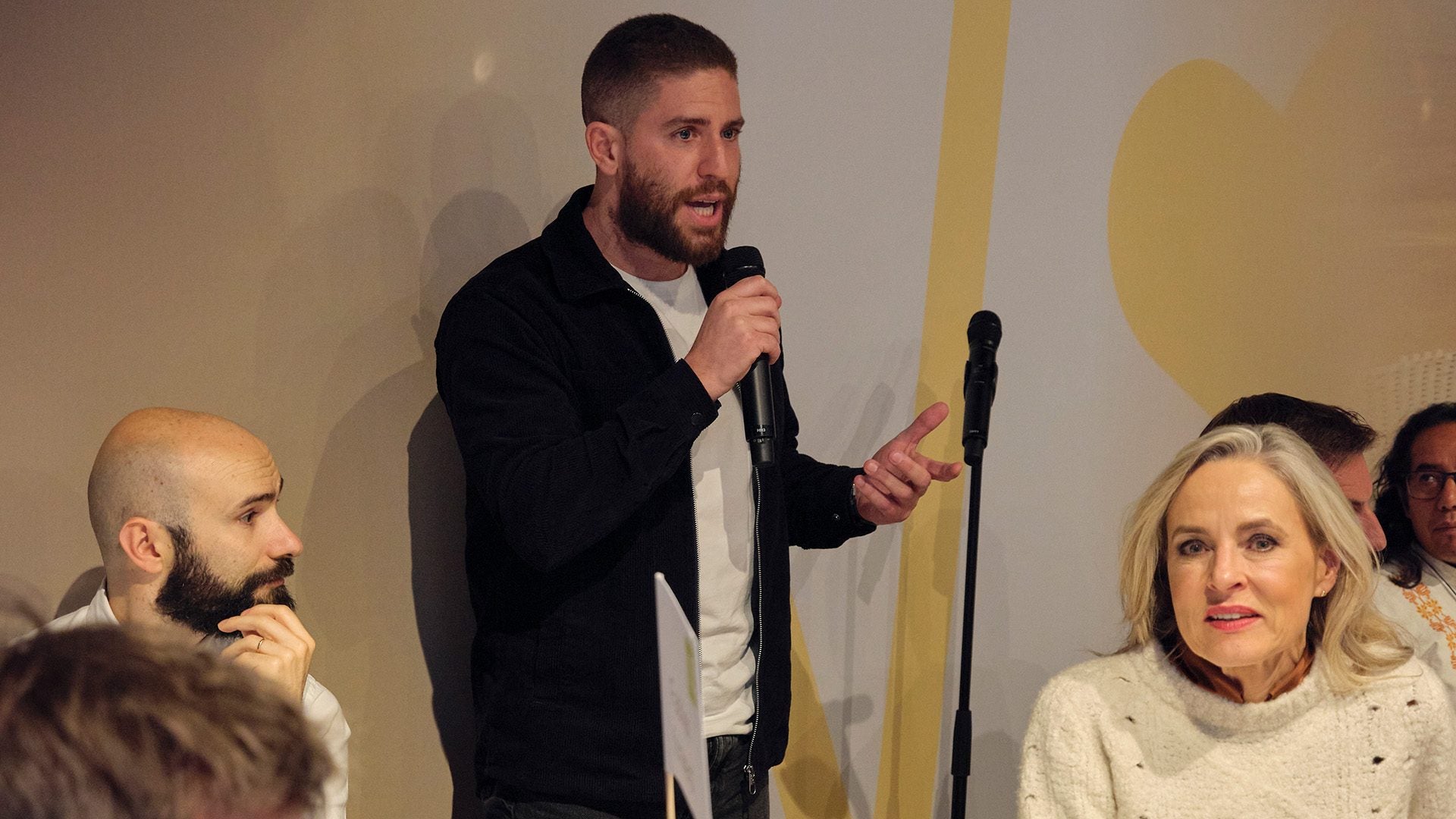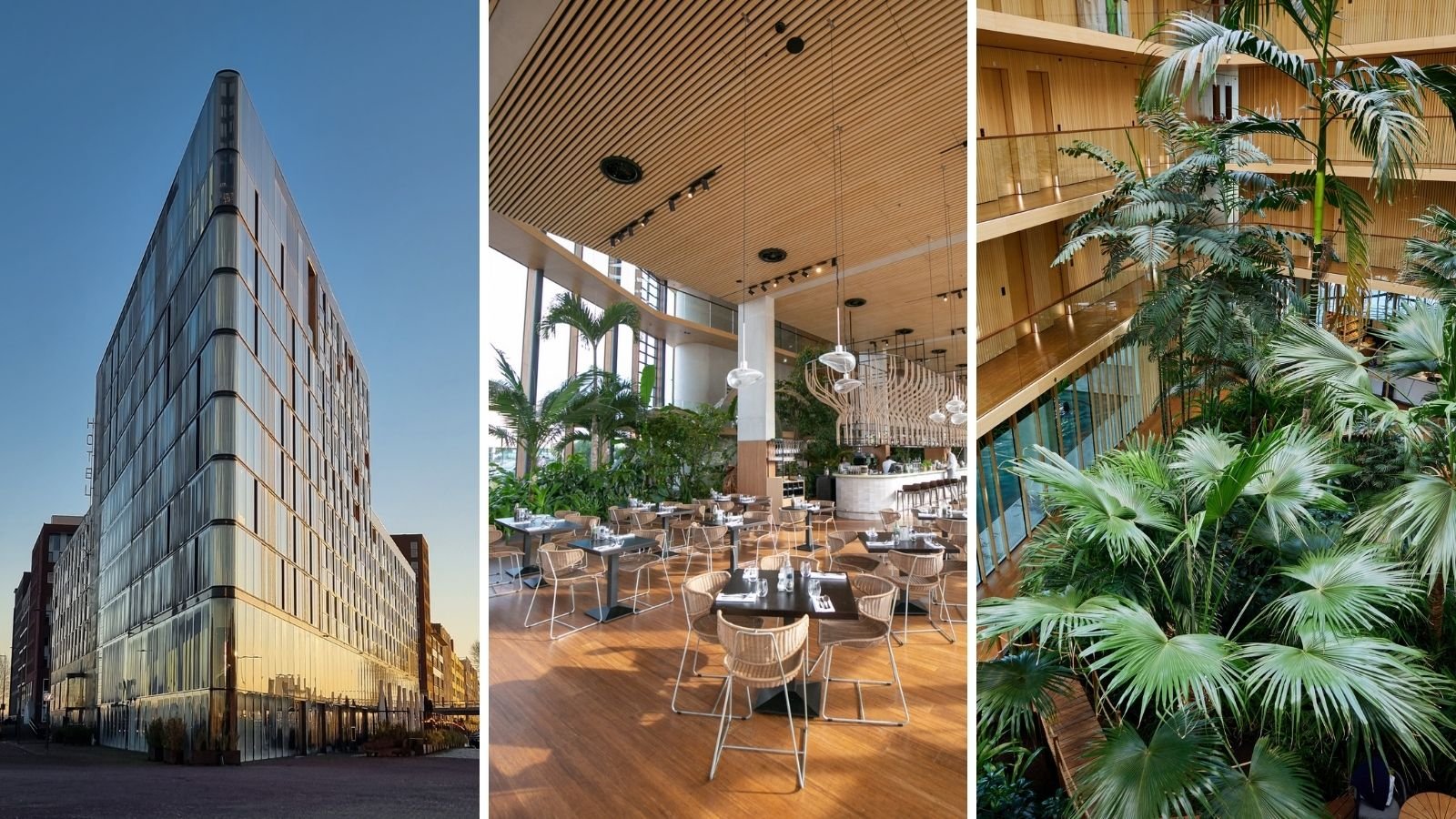Certified Circular Startup Primal Soles Gets Privately Funded But Is Left Dry By The Public Sector
The paradox of progress is alive as ever. Primal joins a long list of sustainable startups and global initiatives on the path to prosperity for all life on Earth. So does the Dutch government. At least, since 2018 it claims to transition towards a more circular economy by 2030, and to be fully circular by 2050. But at the current rate, this goal seems far out of reach.
As we progress as a society, it seems that the gap between planetary health and individual wealth is only widening.
🇳🇱 What is the Dutch government doing about this?
💰 Subsidies are one way for governments to accelerate transitions.
🤑 The Dutch government allocates funds (in)directly through organizations such as Versnellingshuis, Netherlands Enterprise Agency (RVO), and impact investment funds ROM InWest, The DOEN Foundation, and Invest-NL among others.
⚡️ These funds aim to "power the transition." Yet, they fall short. Why? Two key reasons:
1. Bureaucracy: Subsidies are managed by people who often lack experience in running businesses, let alone circular startups. Their risk appetite is far different from that of an entrepreneur, especially one trying to disrupt the status quo.
2. Time and complexity: The application process is cumbersome, with high rejection rates. As founders in the sustainable space (part of Amsterdam Circular and GO!-NH), we know the countless hours spent on applications, only to face rejection or the need to hire consultants to navigate complex procedures. This creates unnecessary barriers rather than enabling change. One recent subsidy proudly boasted to have had 758 applications to only accept 20. Those 10.000+ hours could have been spent better, we believe.
🦩 We need to get our head out the sand and face the uncomfortable truth: As a society, we’re at a pivotal point, yet we continue to prioritize short-term comfort over long-term prosperity for the planet.
🌍 Ultimately, the Earth will survive - if not humanity, certainly nature will persist.

🌷 What can the Dutch government do? Instead of relying on application-based subsidies, it could immediately implement systemic change through taxation and incentives for certified circular products. For example, following France’s model of taxing fast fashion and B Lab’s push in Switzerland to lower VAT on sustainable goods.
⚖️ Proposed fiscal change: Circular, nature-positive products and services should receive a 15% VAT break (from 21% to 6%). In contrast, nature-negative products would face a 15% tax penalty - essentially a "Nature Destruction Fee."
🌱 This approach would eliminate unnecessary bureaucracy, and instantly redirect resources towards growing businesses that prioritize prosperity for all life on Earth.
What is your next step?

Image source: World Economic Forum Global Risk Report 2025




